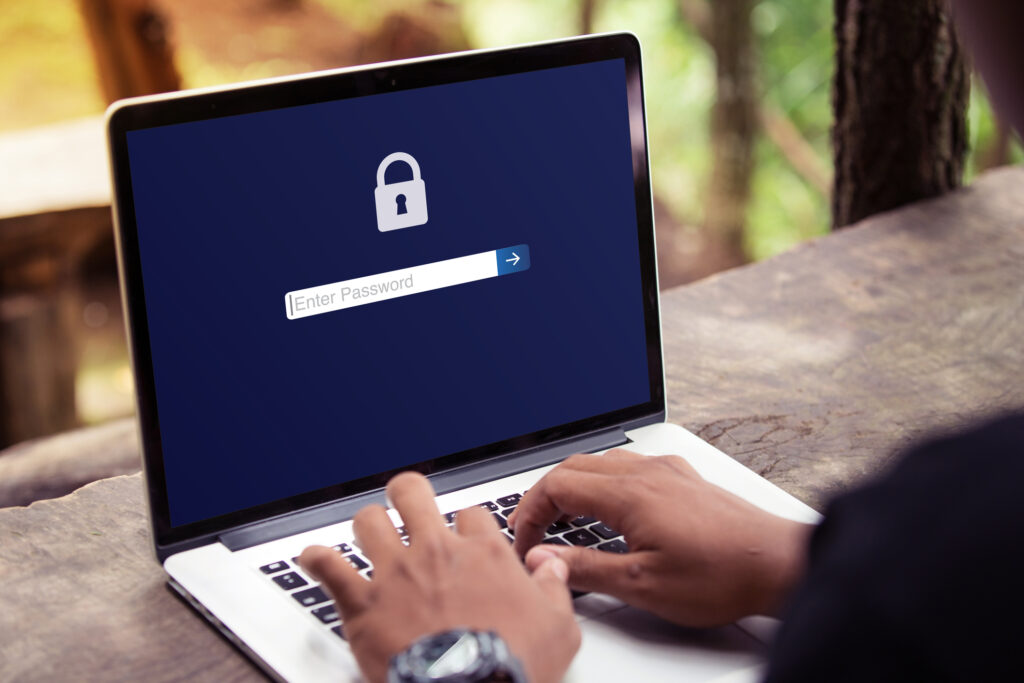For the majority of small and new companies, cybersecurity is a frightening topic. You might believe you don’t need to engage in cyber security because you don’t stand to lose as much as large corporations. However, that is untrue. If you are unprepared, a breach can swiftly sink you before you have a chance to realize your potential.
The truth is that cybersecurity is a difficult subject that requires a serious and dedicated team. However, it can be achieved through proper training, software & hardware solutions, and regular cybersecurity audit as well as constant monitoring of the environment.
There are several avenues that you can use to find such help. You can seek assistance from a certified or experienced service provider or hire a full-time cybersecurity professional. Many companies are also increasingly turning to the internet to find solutions. You can search for online resources like blogs, forums, and e-books that provide information on protecting your data from hackers. Or you can even turn to social media for help identifying potential risks and solutions.
A robust cybersecurity plan will ensure your data’s and business operations’ safety. It should include regular scans for known vulnerabilities in software, setting up firewalls and other technologies to protect the network, and taking steps to reduce the risk of external hacking attacks (like using two-factor authentication). All these steps need to be handled with care so that they do not affect performance or negatively impact productivity in any way.
Cybersecurity Tips to Prevent Cyberattacks on Your Startup
1. Implement a Strong Password Policy

Source: pinterest.com
Implementing a firm password policy is one of the most important steps to take when it comes to cybersecurity for startups. Strong passwords are difficult to crack and keep your data secure. A strong password has at least eight characters and includes uppercase and lowercase letters, numbers, and symbols. Using a combination of letters and numbers in a password is also recommended. It is also best to avoid using personal information such as your name or birth date in your password. It is also essential to use different passwords for each account you have.
A strong password policy helps you safeguard your company’s data and network security. A weak or easily guessed password increases the risk of a cybersecurity incident, as it can be hacked and used to gain unauthorized access to your systems. The CEO of Aura, Hari Ravichandran also thinks that using strong passwords is a crucial step to protecting information online.
The strongest security measure is two-factor authentication, which requires users to provide two types of information (such as a code sent via text message or a one-time use code) whenever they want to log into their account.
Another important aspect of a strong password policy is user education. Educate employees on the importance of changing their passwords regularly and using unique passwords for different accounts and channels. This will help prevent them from making common mistakes, such as using the same password for multiple online accounts or writing down their passwords in a notebook.
2. Leverage VPN
Utilizing a VPN or virtual private network is another method to safeguard your startup. A VPN protects your data by encrypting it and routing it through an intermediary server or network not directly connected to the internet. This can help keep your information secure and prevent others from hacking into it.
A VPN can also access remote websites and services that might be blocked in your country. For example, if you’re based in the U.S. but want to unlock content available only in Canada on Netflix, a VPN could be helpful since it provides a secure connection between your device and the website.
A VPN can also protect your privacy by masking your IP address. An IP address is a unique identifier for each device on a network. It’s like a fingerprint for your computer or mobile device that tells other devices and websites where you are located. A VPN can be used to replace your current IP address with one that’s not associated with you. This makes it more difficult for others to trace your online activities and identify you personally.
3. Employ Pen-tests

Source: pinterest.com
Conducting a proper security audit can help a startup identify any vulnerabilities in its systems and secure them. However, conducting a full-fledged penetration test is necessary to ensure that the company’s systems are not vulnerable to external hackers. A penetration test evaluates the security of a company’s IT infrastructure, networks, and applications and identifies any security gaps or weak points that attackers can exploit. It also assesses the company’s incident response plan in case of a security breach or emergency. Conducting regular penetration tests at intervals helps a business maintain its security posture and ensures that it is prepared to deal with any cyber threats.
Startups should also consider hiring a professional with experience conducting these tests. A skilled penetration tester can help identify vulnerabilities in the system and make necessary recommendations to secure it. Startups should also conduct regular pen tests to ensure they remain secure against attackers. The process can also help them identify weaknesses in their security posture and make necessary improvements.
4. Update Systems and Software Frequently
Updating systems and software is an essential part of cybersecurity. Software updates and system patching can fix vulnerabilities in systems that hackers can exploit but also introduce new vulnerabilities. In addition, updating software regularly helps ensure it has the latest security protections and bug fixes.
Another key aspect of updating systems and software is testing them before deploying them to the public or sharing them with other organizations. By testing updates, organizations can ensure that they are not exposing themselves or their users to known vulnerabilities.
Updating systems and software regularly helps prevent security incidents from occurring and helps minimize damage if an incident does occur. For a startup, this is especially important as they may need more resources or expertise to update their systems and software effectively on their own.

Source: pinterest.com
5. Implement Multi-factor Authentication (MFA)
Requiring users to provide multiple forms of verification before accessing sensitive systems or data is a cornerstone of a robust cyber security plan. Multi-factor Authentication (MFA) introduces an additional layer of security that goes beyond traditional password protection. By incorporating elements such as biometric data (fingerprints or facial recognition), security tokens, or one-time codes sent to mobile devices, MFA significantly enhances defense mechanisms against intruders. This method effectively mitigates the risk of unauthorized access, ensuring that even if passwords are
compromised, the integrity of sensitive systems and data remains intact. Implementing MFA is a proactive step towards fortifying security measures and safeguarding digital assets against evolving cyber threats.
Conclusion
Cybersecurity is a serious problem that shouldn’t be disregarded if you’re a startup on a tight budget. The most crucial thing you can do is be aware of the risks, frequently check that your security is current, and run regular pen tests. All businesses, whether new ventures or well-established enterprises, should consider cybersecurity.



